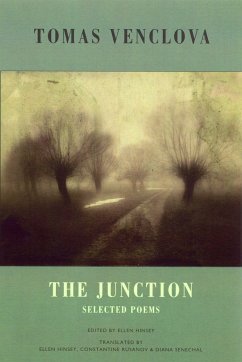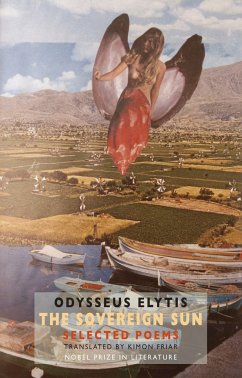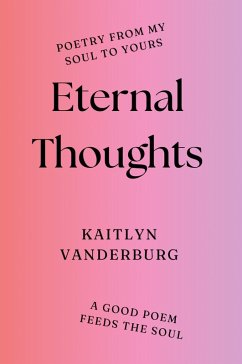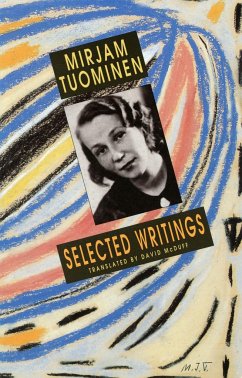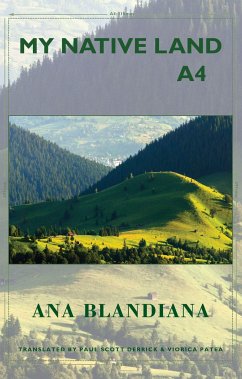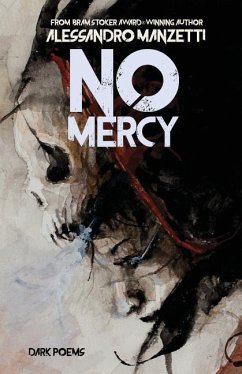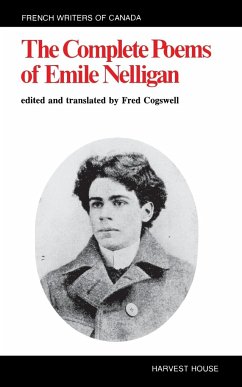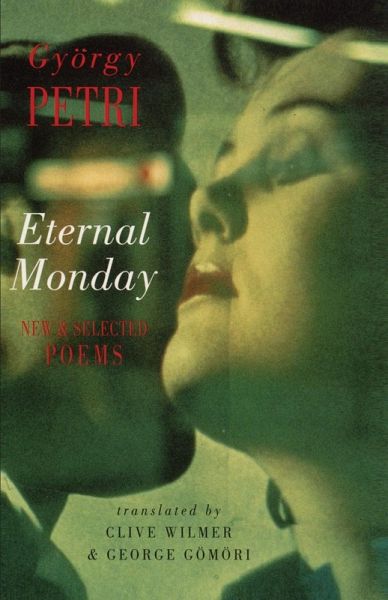
Eternal Monday: New & Selected Poems
Versandkostenfrei!
Versandfertig in über 4 Wochen
14,99 €
inkl. MwSt.

PAYBACK Punkte
7 °P sammeln!
György Petri (1943-2000) belonged to the generation of Hungarian poets who grew up after the uprising of 1956. He made his name in the West as the most uncompromising and outrageous of his country's dissident authors. At home he was as often praised for his strangely disquieting love poetry, which is harsh, erotic and disenchanted. But all his poems are marked by his biting humour and bluntness of language. After the fall of Communism, Petri's wit and his natural anarchism were aimed at a wider range of public targets, yet his new poems also seem more private. Many are intellectual puzzles, s...
György Petri (1943-2000) belonged to the generation of Hungarian poets who grew up after the uprising of 1956. He made his name in the West as the most uncompromising and outrageous of his country's dissident authors. At home he was as often praised for his strangely disquieting love poetry, which is harsh, erotic and disenchanted. But all his poems are marked by his biting humour and bluntness of language. After the fall of Communism, Petri's wit and his natural anarchism were aimed at a wider range of public targets, yet his new poems also seem more private. Many are intellectual puzzles, sceptical about identity and the sureness of emotional attachments. The poetry written by Petri before the collapse of Hungary's Communist régime was published by Bloodaxe in 1991 in Night Song of the Personal Shadow: Selected Poems, also translated by George Gömöri and Clive Wilmer. Eternal Monday was a new selection, mostly written since 1989, with a Foreword by Elaine Feinstein, and was shortlisted for the Oxford-Weidenfeld Translation Prize.





